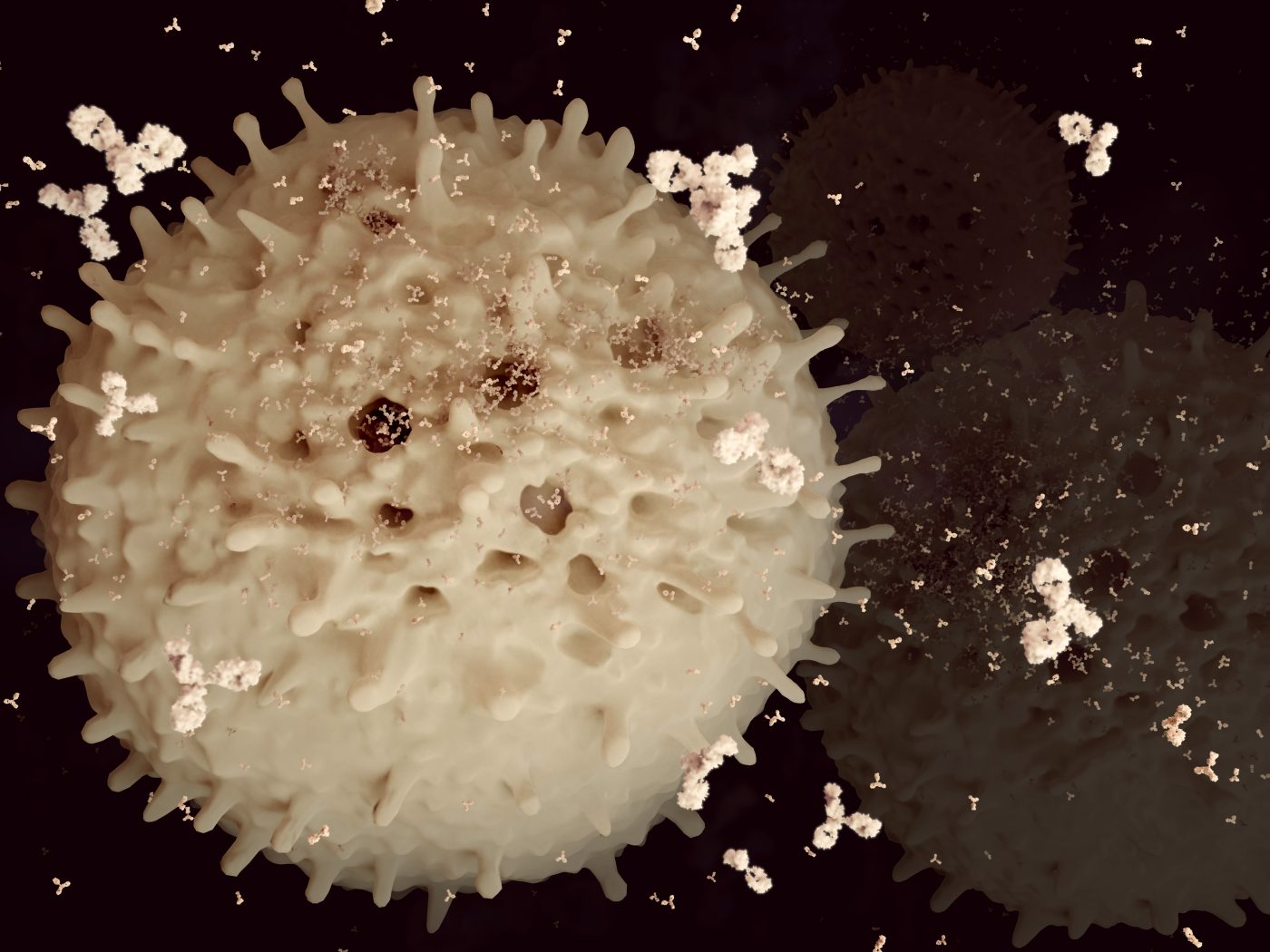Autoreactive B Cells Contribute Significantly to SLE
Written by |

Autoimmune diseases such as acute systemic lupus erythematosus (SLE) have characteristically high levels of autoantibodies in afflicted patients’ serum. These antibodies are produced by antibody-secreting cells (ASCs), which are a relatively unstudied population of cells. One research group from the Department of Medicine, Division of Rheumatology, at Emory University in Georgia uncovered how B cell ASCs are involved in the pathogenesis of SLE, indicating ways that future therapies can be designed to improve patient outcomes of SLE.
“ASCs represent the main effector B cells in protective responses and in pathogenic conditions that include autoimmunity, allergy, and transplantation,” explained Dr. Christopher M. Tipton, lead author of the study, “Diversity, Cellular Origin and Autoreactivity of Antibody-Secreting Cell Population Expansions in Acute Systemic Lupus Erythematosus,” which was published in Nature Immunology. The team at Emory, as well as those at collaborating universities, were interested in the specific ASCs that express variable heavy-chain region VH4-34 and produce serum autoantibodies that are dominant in SLE.
To study this group of ASCs, the researchers collected samples of peripheral blood from patients with SLE who had disease flares even on minimal immunosuppression therapy. Patients’ blood contained 40-times the number of ASCs as would be expected in a healthy individual. These ASCs could be sorted into subpopulations, or “clones,” that express different antibodies. One patients’ serum revealed 20 distinct clonotypes of ASCs.
A clonotype common to a few of the studied patients produced the serum 9G4 antibody. This antibody and the ASCs that produced it made up a substantial portion of the serum autoantibody profile of SLE patients, especially during disease flares.
“Understanding the provenance, repertoire and serological consequences of ASC population expansion is essential for delineating the pathogenesis of SLE and for therapeutic insights,” commented Dr. Tipton. “We found that these ASCs expressed a highly polyclonal repertoire punctuated by large clonal expansions dominated by autoreactive VH4-34+ cells and shaped the serum autoantibody compartment.”
By uncovering an immunological explanation for SLE, the researchers were able to start understanding why certain SLE treatments–such as belimumab, an antibody against B cell-activation factor–are clinically beneficial. The team also contributed to the knowledge pool that allows other research groups to design new, effective treatments for SLE.




